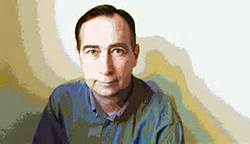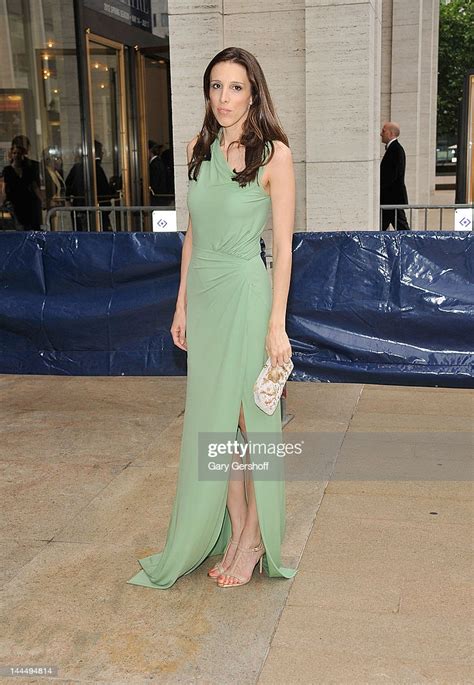A Quote by Annie Leibovitz
I realized I couldn't be a journalist because I like to take a side, to have an opinion and a point a view; I liked to step across the imaginary boundary of the objective view that the journalist is supposed to have and be involved.
Related Quotes
I've always liked the old-school journalism approach. I don't have to take a side on any controversial issue. I get to present various sides. And my goal, as a journalist covering the Bible beat, is to present the strengths and weaknesses of each side - to the extent that readers can't tell what my opinion is. That's easy enough for me to do much of the time because I'm as confused as the next guy, and trusting a lot on Jesus for what I don't understand.
I think we're all actors. There's this friend of mine who's a great drummer, and he said, "I never thought I'd be a drummer, but I got really good at it. I always feel like I'm an actor playing the drums." His real calling was that he was going to be a magician. That's what he felt like he wanted to do. If you decide to act like a journalist, you'll probably be a better journalist than just being a journalist. What you're doing is, you're taking the executive role and stepping outside yourself so that you're able to make more objective decisions.
The problem is one of opposition between subjective and objective points of view. There is a tendency to seek an objective account of everything before admitting its reality. But often what appears to a more subjective point of view cannot be accounted for in this way. So either the objective conception of the world is incomplete, or the subjective involves illusions that should be rejected.
I feel that a documentarian has an obligation to tell the truth as he or she interprets it. And what I mean by that is that documentarians don't necessarily have the same sort of obligations that a journalist might have. A journalist might be called upon to be objective, whereas a documentarian is sort of forced to take sides.
Whenever a journalist says to me, "Oh, you don't understand, I'm impartial, I'm objective," I know what he's saying. I can decode it immediately. It means he channels the official truth. Almost always. That protestation means he speaks for a consensual view of the establishment. This is internalized.
It is only because the majority opinion will always be opposed by some that our knowledge and understanding progress. In the process by which opinion is formed, it is very probable that, by the time any view becomes a majority view, it is no longer the best view: somebody will already have advanced beyond the point which the majority have reached. It is because we do not yet know which of the many competing new opinions will prove itself the best that we wait until it has gained sufficient support.


































